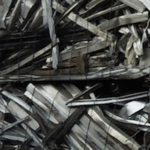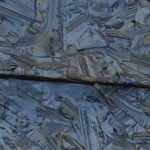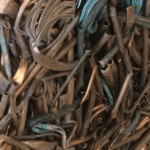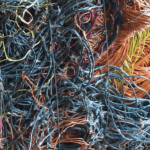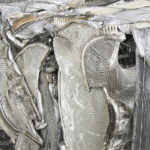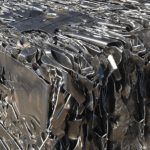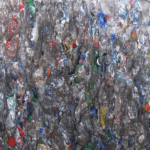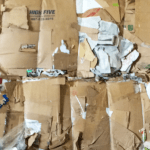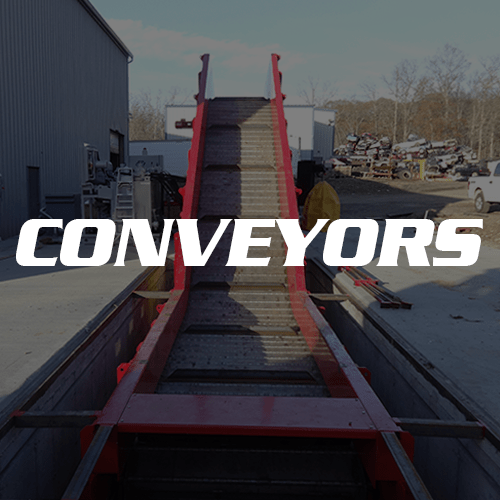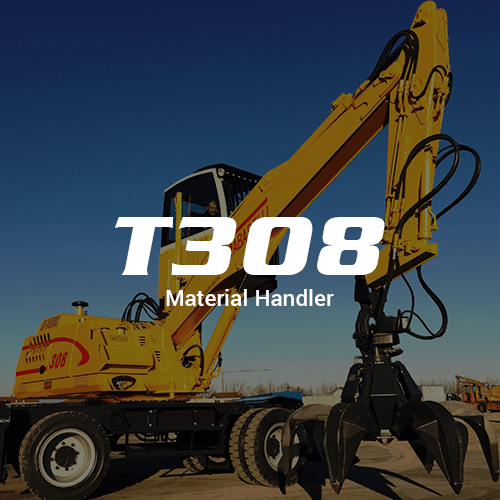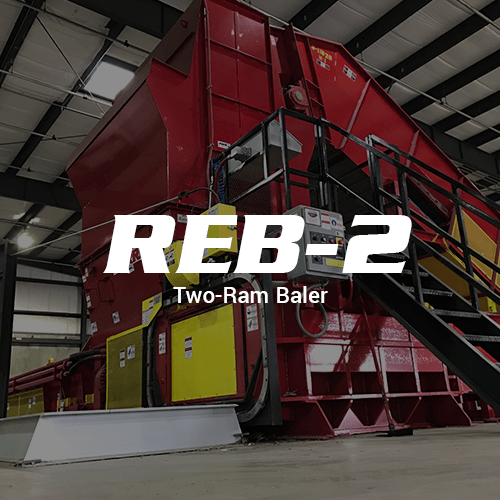REB-1
Overview:
More than 40 years of experience went into the designing and manufacturing of Sierra’s heavy-duty REB-1 two-ram baler. The distinct advantage of the REB-1 is its ability to process a wider variety of materials. The REB-1 has a unique shear blade that works on waste, fiber, and non-ferrous scrap metal, so there is no need to choose between one or the other.
To eliminate material contamination when changing materials, the REB-1 features an innovative bale eject and oversized bale release door combined with full ejection of bales. This feature also produces better bale integrity, especially on materials with lots of memory.
The standard features on the REB-1 two-ram baler gives it unmatched performance and versatility as well, expertly handling a wide range of recyclable materials:
- MSW
- UBC
- PET
- OCC
- ONP
- High grades
- Aluminum
- Non-ferrous metals
- Tires
- And much more…
The REB-1 baler frame is exceptionally constructed to withstand the high pressure generated by the hydraulic system. The floor, sidewalls, and top of the compaction chamber and the extrusion chamber are completely covered with plug welded Hardox 450 replaceable liners. The energy efficient hydraulic system translates into machines with the highest production rates and lowest energy consumption in their class.
The REB-1 two-ram baler uses 143 tons of shearing/baling force to form 46”W x 31”H x 62”L bales, with an average production rate and tons per hour of:
Municipal Solid Waste
- 2300 lbs. average / 20 tons per hour
PET Bottles
- 1300 lbs. average / 5 tons per hour
Mix Plastic
- 1300 lbs. average / 5 tons per hour
OCC
- 1500 lbs. average / 8 tons per hour
ONP
- 1700 lbs. average / 17 tons per hour
Aluminum Cans
- 1100 lbs. average / 6 tons per hour
Aluminum Extrusions
- 1325 lbs. average / 6 tons per hour
Insulated Copper Wire
- 3800 lbs. average / 12 tons per hour
Bag it or Wrap it.
Sierra REBs can be outfitted with specifically designed bagging and wrapping systems.
Considering a two-ram baler for your MSW?
There are immediate cost savings that can be realized through bailing MSW, the most important benefit is improved density of the material set in the landfill. The in-place density can be as much as 50% greater than those reached by compactors. This benefit will show up in the extended landfill life and a smaller working face therefore less daily converge. If the bales are not bagged or wrapped, daily cover is usually reduced from 6” to 2” saving valuable air space as well as material and handling. When they are bagged or wrapped daily cover could be eliminated entirely.
WANT TO KNOW MORE?
Material Processed
- Aluminum Extrusions
- Aluminum Sheet
- Copper Tubing
- Copper Wire
- Radiators
- Stainless
- Solid Waste
- PET Bottles
- OCC
- News
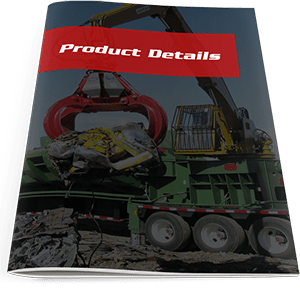 Download the full product details
Download the full product details 